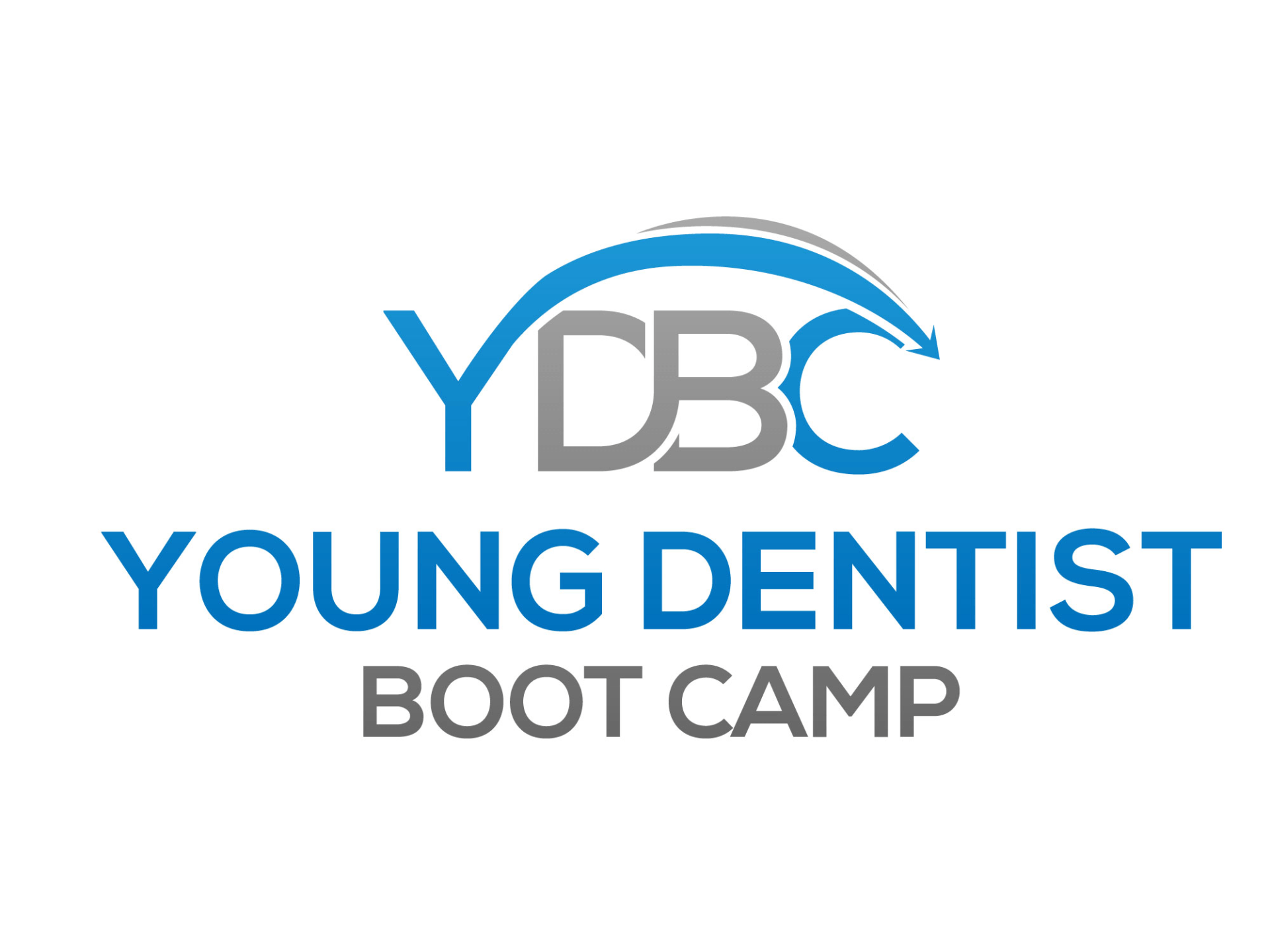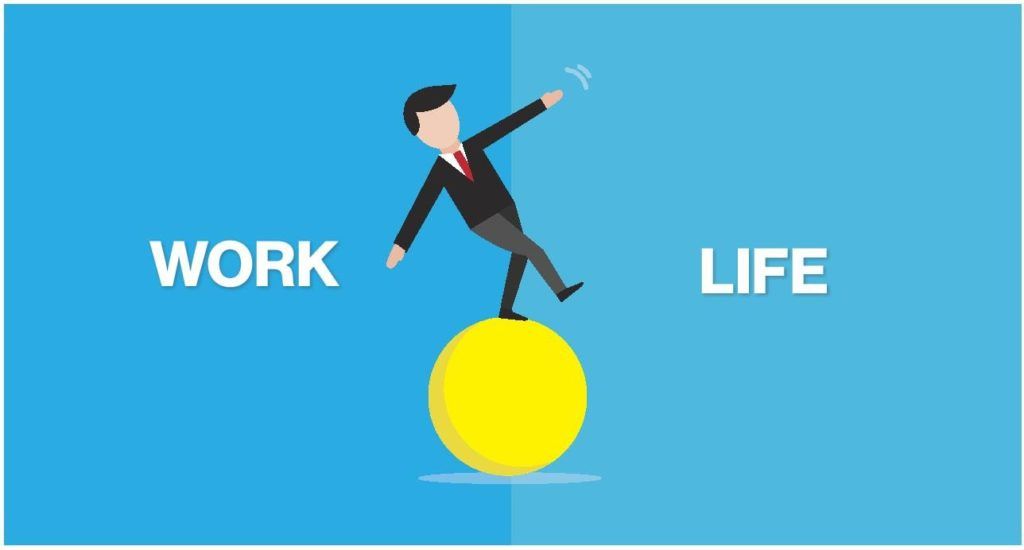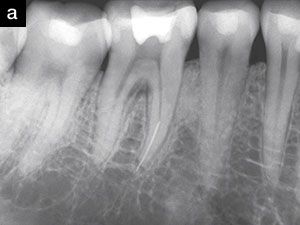
Blog
Blog

By Gordon Tam
•
March 1, 2020
After you have shortlisted the courses according to my recommended criteria in the previous post (How do I manage to fund my advanced dental education?), you may still end up with a couple of courses at hand. With limited funding at the beginning of your career, how would you make the final choice ? “The best time to use the map is before you begin your journey.” What are the disciplines that a young general dental practitioner could improve after graduation? 1. Restorative 2. Endodontics 3. Orthodontics 4. TMD management 5. Implants 6. Periodontics 7. Fixed prosthodontics 8. Removable prosthodontics 9. Oral surgery 10. Treatment planning 11. Sedation dentistry 12. Sleep dentistry 13. Advanced technology for dentistry e.g CAD/CAM, laser, CBCT, Digital Smile Design, dental photography 14. The list goes on.... After 18 years of practicing dentistry, the MOST valuable skill/ knowledge I have invested which gave me the BEST Return of Investment is - Treatment Planning. It is through the process of a meticulous examination & diagnosis, understanding patient’s needs/ wants/ budget/ time available & comprehensive treatment planning that I can identify and “create” the jobs - periodontal treatment, root canal treatment, wisdom teeth surgery, implant placement and replacement of missing teeth ...etc. for myself and my specialist colleagues. The second best investment I made in dental education is Endodontics There are so many horror stories about root canal treatment from social media and patient’s friends & family. Even Netflix has a documentary about root canal treatment causing cancer (it had been quietly pull out as it contained significant misinformation that is not supported by scientific evidence) This may come to you as a surprise because this one is one of my practice’s building blocks. The patient will be extremely grateful to you after you have relieved his/her endodontic pain with RCT. RCT well done also lay a strong and healthy foundation for the core and crown. Last but not the least is dental implant procedure. It has greatly improve the quality of life of our patients with missing teeth. No longer need to depend on their removable denture for function and aesthetic. Patients will only refer their friends and family to you when they are pain free, happy and satisfied. Learning is a journey that never stops.

By Gordon Tam
•
February 9, 2020
One young dentist asked me about work / life management, here is my thought. ————————————————- Hi Dr Gordon, I think I'd like to ask you something regarding management in life. How could you manage to balance your life among social, career and family? I mean it must be difficult for you to attend conference and workshop and do self-learning on the other hand you got your own clinic to manage and your family to take care of? ————————————————— Life is fair. Everyone of us are entitled 24 hours a day, nothing more nothing less. All of us have a different definition of Success. Success is by Design. And through Action, Success is materialised. We need Time to Take Actions. So the better we make use of our time, we have a better chance to take actions and therefore better chance to achieve our own success. For me, I don’t “Balance” my time. “Balance” has a subtle meaning of “equal distribution” We all know that in life we can never distribute our time equally for all the things we want to do. Most events are outside our circle of influence and we cannot choose the right time for them to happen. There are times we need to spend more time on certain tasks than others, for example, examination time, before deadline of our project, our kids or our spouse are sick...etc To answer the question, I will use my FRAMEWORK that I have introduced during my presentation last weekend in Kuala Lumpur. Firstly, I will write down my goals. Everything I do must have an objective. My daily activities should align with my goals, no matter how small the baby steps are, I should achieve or get closer to my goals daily or weekly. My activities should not distract/ or prevent me from achieving my goals. Here is a sample list of my goals: 1. I want to be healthy 2. I want to be a good husband and a father 3. I want to be a good dentist 4. I want to be a successful businessman 5. I want to help young dentists to achieve their success And the list goes on..... Second, I need to decide what activities I do will bring me closer to my goal. Let’s take my first goal - “I want to be healthy” as an example. Things I need to do: * Sufficient sleep time and good quality of sleep * Drink enough water daily * Balance diet, but less sugar and less carb for me * Plan my weekly exercise- running, strength, core, flexibility...etc Third, Personal Stock Check What am I currently doing ? What do I need to add / remove ? Fourth, What am I prepare to sacrifice to achieve my goal? * No more late night supper/ movie * Sleep at the designated time * No more coca-cola, ice-Milo * Set aside time for exercise Fifth, organise and plan- put the activities in to a weekly calendar as routine activities (Repeat Weekly) I believe if I put activities into my calendar, I may have a fair chance of execute them. But if the activities are not shown in my calendar, the chance of execution is extremely low. I focus on quality of my activities rather than go through motion just to get things done. After I have put in activities and allocated the hours for them, I will have an weekly overview at the beginning of the week. Do I have too much on my plate that I cannot swallow? If that is the case, I need to prioritise the activities for the same goal. For example, if I am attending a conference for the weekend (Saturday and Sunday), I will probably reduce/ remove my dental learning time for the weekdays and make more time for my family. Plan for some personal time for your hobbies... read some books, learn something fun, cooking, hiking, fishing...etc. Lastly, develop the discipline to execute what you have planned- ACTION !!! Review the whole project periodically. If you want to go fast - go alone If you want to go far - go together Get yourself a couple of friends with the same mindset (eg. Join a study club), hangout once in awhile, encourage each other along the way. My secret weapon- I have a supportive spouse whom we communicate efficiently to manage career, business, family, couple and personal time.

By Gordon Tam
•
February 9, 2020
A young dentist asked me: “How do you tell the patient that an endodontic file is separated inside the root canal?” This is one of the difficult moments for any dentist who perform root canal treatment may run into. Before answering the question, there are 2 concepts we need to first understand. Expectation vs Excuse (patient’s perception about the incident) Prevention is better than cure Expectation - Tell the patient about the possible undesirable outcome BEFORE the incident happens Excuse - Tell the patient about the undesirable outcome AFTER the incident happened If you have forgotten to tell your patient about the possible undesirable outcome before you begin treatment, you have just put yourself into a very sticky situation. And the chances are.... you are going to have certain extent of impact to your reputation, finances, self-confidence and emotion health. Therefore, for all root canal treatments, it is MANDATORY to have a written consent that clearly explained all the possible undesirable outcomes and the patient must be fully understood and signed. “Risks of separation of instrument” must be one of the items in the consent form. If you don’t have time to go through the consent and get the patient to understand and sign, DO NOT BEGIN root canal treatment... just perform a pulpotomy & place a medicated dressing. ONLY begin root canal treatment upon obtaining consent. Why does an endodontic file separates? Cold work on files (hand file) - bending and flexing repeatedly Instrument fatigue (rotary file) No proper glide path Extreme curvature of the root canal Prevention is ALWAYS better than cure. Other than obtaining consent for the endodontic treatment, the best habit is always to use NEW endodontic files for your patients - K files, rotary files and etc... Yes, there will definitely be an extra cost on the instruments. You have to decide if you are going to incorporate the cost into the treatment fee or charge it to your patient separately. For my practice, I charge an endodontic instrument fee to my patients. Now go back to the question: How to tell the patient about separation of instrument? 1. Stop the procedure and take an X-ray 2. Place a dressing on the tooth 3. Inform the patient that a portion of the instrument was separated and left inside the canal - “I am sorry to inform you that a portion of the endodontic instrument was separated inside the root canal” 4. Discuss options Bypass the separated instrument Attempt to remove the separated instrument Either options with take up extra time and visits 5. Discuss who is going to carry out the procedure You Referred to Endodontist 6. Discussion on extra treatment fee and treatment time

By Gordon Tam
•
February 9, 2020
Most of us have encountered a lack of funding for advanced dental education when we graduate from dental school. I am going to share with you a method that I used for the past 18years. This method helped me successfully sustain my education fund for most of the “recommended” courses conducted by the giants in dentistry. First, set aside a budget for your advanced dental education. Next, do an honest assessment of your current skill level & the patient profile who you served. Thereafter, identify the available courses that you are interested in locally and overseas in the next 6-12 months. Learning is good, acquiring new knowledge and skills is a fantastic investment. However, in order to achieve sustainability of continuous learning, we need to choose our courses carefully. These are my criteria for choosing a dental course. 1. Skill and knowledge can be applied immediately 2. Minimum instrument / equipment dependent 3. My current patients will be benefited from my skill / knowledge upgrade 4. My income will potentially increase because of the newly acquired skills and knowledge allows me to identify and treat the problems According to my plan, I will be able to offer more complex services & enjoy an increase of income. I will set aside the “extra” income and save them up for my next course. With this method, my budget for continuing education can grow significantly year after year (like compound interest) allowing me to attend courses and conferences worldwide.